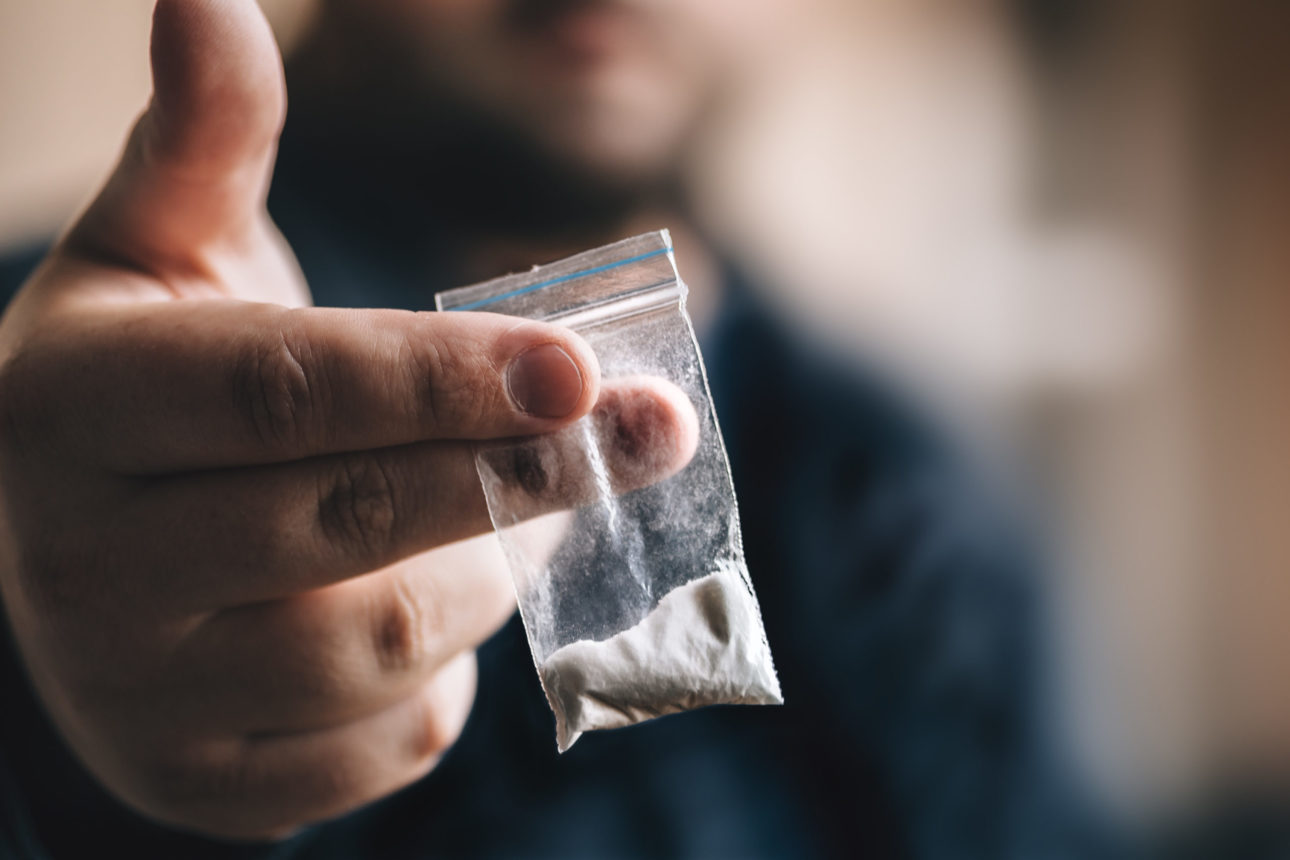Kicking the cocaine habit is difficult due to the mental and physical effects it has on the body. You need both medical and psychological help to get you through the withdrawal effects of this drug. When it comes to quitting, though, you are not alone. Evaluate these ten ways to see which can help you the most to kick coke to the curb. You may need to try several to get over your addiction.
1. Stopping Cold Turkey or Detoxing
Generally, stopping cold turkey is the least preferable way to quit cocaine because doing so can cause serious side effects. These side effects can include severe drowsiness, agitation, suicidal thoughts, anxiety, depression, and paranoia. The mental effects of stopping coke may be serious enough to require a doctor’s intervention to keep you from hurting yourself.
If you want to stop cold turkey, consider checking yourself into a medically supervised detox facility. The doctors and nurses on hand will ensure that you get the support you need as your body goes through withdrawal.
3. Social Support Groups
While you go through withdrawal, you will need help to work through the emotions that emerge during quitting. Talking about your feelings and experiences with others who are going through the same steps may help you to power through the withdrawal stages and after.
3. Find Replacements for Cocaine
Because substance abuse no longer holds your life hostage, you will have more time on your hands. Unless you find something to fill that time with, you may go back to using drugs. Take the time during recovery to try out new hobbies, such as playing an instrument, knitting, or volunteering. Working with your hands can distract you when you experience cravings.
4. Cognitive Behavioral Therapy
Cognitive-behavioral therapy (CBT) is a psychological technique that helps patients to change how they respond to specific situations. For addiction treatment, if you used cocaine in certain situations, by going through CBT, you will learn to do other things than turn to drugs. If you choose a formal counseling program or therapist, most use this therapeutic technique. Even 12-step programs integrate elements of CBT into their methods.
5. Motivational Incentives
For some people, motivation helps. Create rewards for yourself that correspond to times without coke. For example, you may use the money saved on drugs to buy yourself a new video game or jacket if you go for a week without using drugs. You may also increase the incentives to encourage yourself to extend the length of time you go cocaine-free. Perhaps you invest in the down payment for a new car after lasting a year of living cleanly.
6. Balance Your Life
Your life will get turned upside down when you stop using cocaine. The parties you once went to will no longer be options for you because you may feel too tempted to use drugs again. Part of getting over substance abuse is discovering how to keep yourself balanced.
Get regular exercise, develop good sleep habits, and eat a healthy diet. These activities will keep your body and mind healthy. They will also replace some of the time you once devoted in your schedule to drug use. If you used coke to improve your mood or energy levels, healthier living will replace it to give you more energy.
7. Unfriend Some People
Carefully examine your life, and if you have friends who encouraged you in your addiction, break ties with them. People who push you toward self-destructive behaviors, like substance abuse, are not friends.
To keep yourself from feeling lonely, look for activities in your area that do not require drugs where you can make friends. Sign up for a softball league, visit a house of worship, or volunteer your time. Making friends outside drug-use activities can make quitting easier.
8. Identify and Eliminate Triggers
Triggering events, feelings, locations, and people can be difficult to avoid, especially if you retain your old routine while trying to quit. You need to assess your life and identify times when you would use coke. If you only used it as a party drug, you should avoid going to parties for a while. For some people, the trigger may have been stress in their life. Getting more exercise or meditation to reduce stress can help remove that trigger. Talk to your therapist about possible triggers and how you can get those out of your life.
9. Check Into an Intensive Treatment Facility
If you have a serious addiction, check yourself into a substance abuse treatment facility. Though in 2013, only 6% of people in rehab centers had a cocaine addiction, 68% of those use more than one drug.
The advantage of professional treatment facilities is the access you have to a variety of services, such as CBT, intensive individual therapy, family therapy, psychodynamic group therapy, and more. At addiction recovery facilities, you can detox from coke, begin therapy, and discover ways to stay drug-free for life.
10. Keep Trying
Unfortunately, those who recover from reliance on coke may experience a relapse. In fact, between 40% and 60% of those who recover once will relapse. Don’t let this discourage you because it reflects the recurrence rate of serious medical issues like asthma or high blood pressure, which can have a recurrence of 50% to 70%.
Get the professional addiction treatment you need to recover from your problem in a relaxing, luxurious setting. Contact us at SOBA Recovery today for more information on our cocaine and other substance addiction recovery programs.



